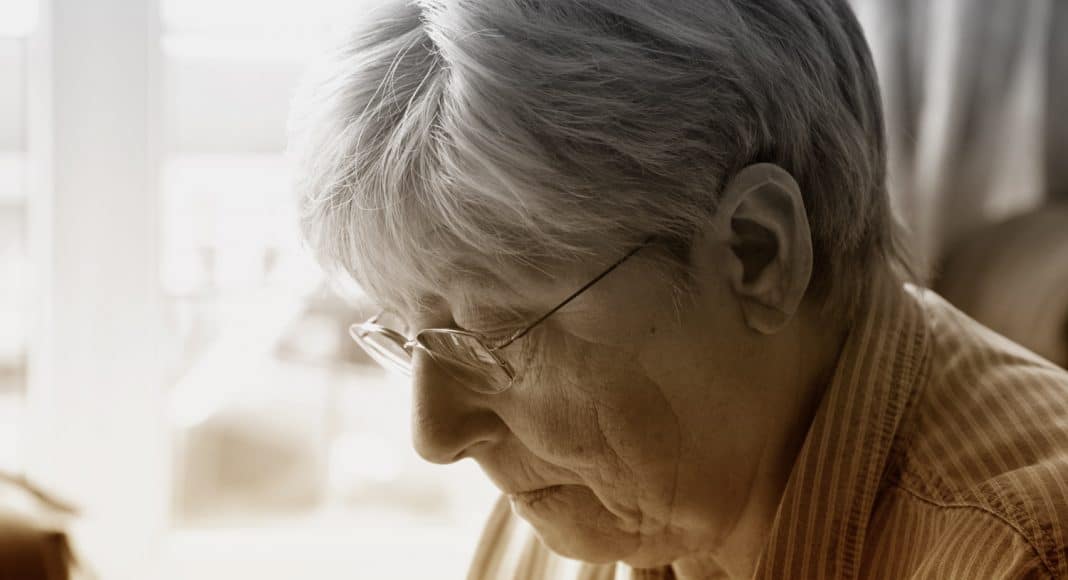Does cannabis actually treat the symptoms of Parkinson’s disease? Anecdotally, yes. Clinically, however, it’s not so clear.
Parkinson’s disease is progressive neurological condition in which the brain gradually stops producing dopamine, a neurotransmitter that helps us make smooth, coordinated movements. Its specific symptoms are slowness of movement, muscle stiffness, and trembling (dyskinesia)—which, ironically, can be worsened by Parkinson’s medication (in which case it’s called “levodopa-induced dyskinesia”).
Non-motor effects include sluggish thinking, sleep disorder, lack of appetite, in continence, and, obviously, mood disorders such as depression, irritability, and anxiety.
Surveys Of Parkinson’s Patients Show Medical Cannabis Has Benefits
Parkinson’s is an approved condition for medical marijuana in five states: Connecticut, Illinois, Massachusetts, New Mexico and New York. But does cannabis actually treat the symptoms of Parkinson’s disease?
Anecdotally, yes. Clinically, however, it’s not so clear.
RELATED: Little-Known Health Effects Of Medical Marijuana
Surveys of Parkinson’s patients who take medical cannabis tend to show a benefit—especially in the non-motor symptoms (primarily in mood and sleep), where there is already ample evidence from other medical areas. Two studies, however—one from 2004 and another from 2014—found significant reduction in tremors, stiffness, and slowness.
The trouble with self-reporting, of course, is that it’s extraordinarily vulnerable to bias. One of the few controlled studies, however, has found that cannabis improves Parkinson’s symptoms—but, in this case, the numbers were too small to be statistically significant.
One of the most recent reports—a 2015 report out of Colorado, the motherland of medical cannabis—manages to combine the unreliability of self-reporting with a tiny sample sized. While it did find that 78 percent of Parkinson’s patients who tried medical cannabis felt at least some improvement.
RELATED: Why Won’t My Doctor Prescribe Medical Marijuana For Me?
But context matters here: Out of a total 207 respondents, about 9 were pot users. Secondly, cannabis was being rated against other alternative therapies. While cannabis won in sleep improvement, in mood it finished third…after meditation and art therapy. In overall improvement, music therapy intervened to push cannabis down to fourth place.
Because of these methodological shortcomings, the prevailing clinical viewpoint (at least for the present) is, in the words of the Michael J. Fox Foundation for Parkinson’s Research, that “cannabinoids are probably ineffective for Parkinson’s motor symptoms and levodopa-induced dyskinesia.


